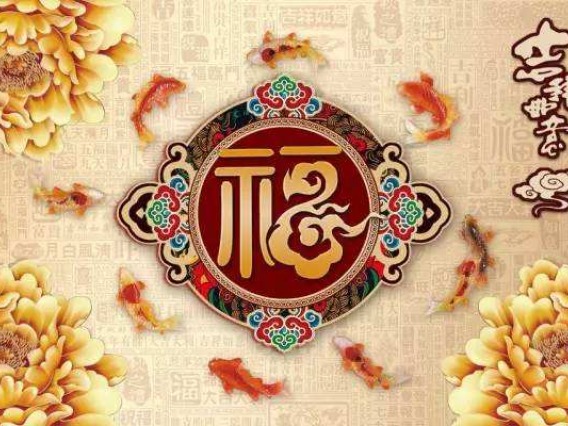
Dear faculty, staff, students, and friends of the Center for Buddhist Studies,
Time flies. It is again the moment to reflect on our achievement in the past year and the time to look forward to a New Year with joy and hope. In 2019, the Center for Buddhist Studies grew even stronger with robust research and education programs and is ready to break new ground in the year of 2020.
In the past year, our Lingyin Buddhist Culture Project continued to run smoothly with the addition of a new cohort of nine “Arizona in Hangzhou” students, each of whom were awarded the Lingyin Study Aboard Scholarship. Led by Dr. Albert Welter, students worked together with local students at Hangzhou Buddhist Academy and produced amazing projects featuring Hangzhou Buddhist culture.
The year of 2019 also celebrates students’ awards and accomplishments. Nan Ouyang, our former program coordinator, finished her Ph. D study with several awards, including the Khyentse Student Award and Lingyin Best Paper Award. She is now working as a postdoc at National University of Singapore.
EAS Ph.D students Jinhui Wu and Lixia Dong won the inaugural Lingyin Buddhist Studies fellowship to support their dissertation projects. Youteng Bi was awarded a translation grant from the National Center for Interpretation. Jinhui Wu also received the 2019-2020 College of Humanities Graduate Student Research Grant.
Most notably, several of our students won the Buddhist studies essay contest organized by the Maitreya Education Foundation. Two of them, Yi Liu and Robert Lisak were invited to attend the award ceremony held in Hong Kong in May. Both COH Dean AP Durand and Center Director Jiang Wu attended the ceremony in Hong Kong and signed an agreement with the foundation to receive the donation of a Maitreya Library which is going to be set up at the University of Arizona.
Our faculty also did amazing jobs by publishing and presenting. Prof. Takashi Miura and Prof. Caleb Simons both published their first books. Prof. Albert Welter co-organized the international conference on Hangzhou Buddhist figures in Hangzhou and presented at many important conferences throughout the world, especially the 2019 China-US-Canada Buddhist Forum held at the UN headquarters in New York on October 12, 2019. I also published the paperback edition of a co-edited volume on the Chinese Buddhist canon from Columbia University Press.
Our Khyentse, Puyin, and Lingyin lecture series featured world-renowned scholars in the field and continued to benefit the UA community of Buddhist studies. The center also welcomed new fellows Robert Gordon, Hannah Greene, Anthony Tribe, visiting scholar Shunxin Nie, and visiting student Na Chang.
The year of 2020 is ahead of us and I keep asking myself what we can do to bring this center to the next level of excellence and distinction and how to contribute to the extraordinary growth of the University of Arizona as a leading research university especially in the area of humanities and arts. In the recent U.S. News & World Report on “Best Global Universities,” the University of Arizona ranked No. 85 out of 1,500 higher education institutions across 81 countries, No. 44 among universities in the U.S. and No. 21 among public universities. In the category of arts and humanities, the University of Arizona ranks 30th in the world and 9th among U.S. public universities. To further our effort, we have drafted a strategic plan for the center to align our goals with those stated in the University and College of Humanities strategic plans. We will soon announce the full version of this plan after consulting with our advisory board, faculty, and staff.
In the past year, we have to count on the generous grants, donations, and gifts from various institutions and individuals who value quality academic, educational, and outreach programs. They have a huge impact on what we are able to do. You can join their effort to exercise the practice of giving by simply going online at https://cbs.arizona.edu/give to make a donation. The support we receive allows us to remain a top university program in Buddhist studies globally. With theirs and your support, we can continue to:
• Promote academic research on the Buddhist tradition,
• Preserve the Buddhist heritage in its textual and artistic forms, and
• Train the next generation of scholars and educators of Buddhist studies.
Please join me to make these happen. With a mindful heart, let’s embrace a brighter future for the wellbeing of our community and a world of harmony and peace.
Happy New Year!
Jiang Wu
Director, Center for Buddhist Studies
Acting Head, Department of East Asian Studies
College of Humanities
The University of Arizona

